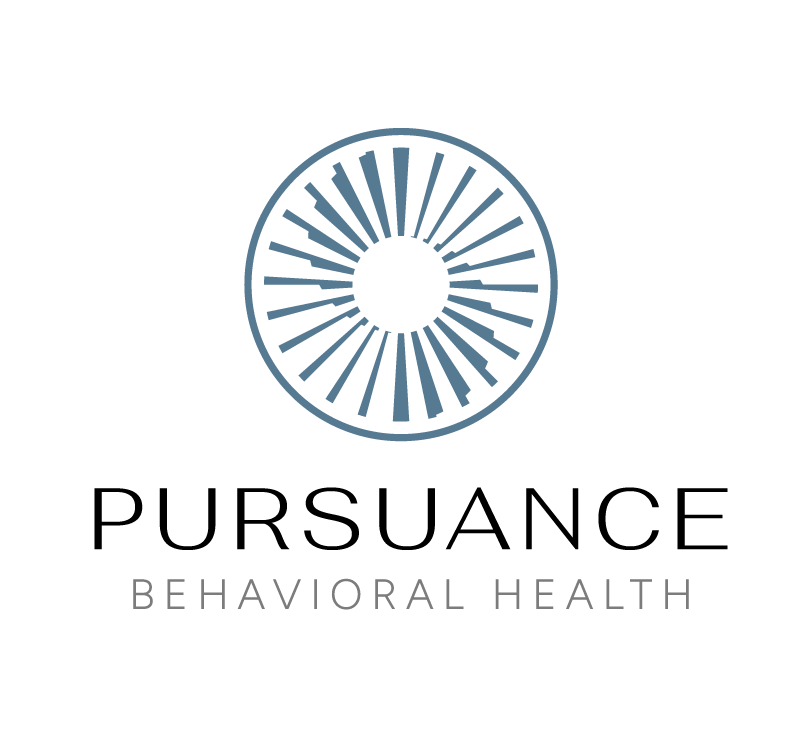Depression is a prevalent and severe mood disorder affecting millions globally. It's not just a fleeting feeling of sadness; it can disrupt daily life, impair physical health, and deeply affect one's ability to experience joy. Fortunately, numerous treatment options are available, including psychotherapy and medication. Antidepressants are a cornerstone of pharmacological treatment for depression. Here, …
Depression is a prevalent and severe mood disorder affecting millions globally. It’s not just a fleeting feeling of sadness; it can disrupt daily life, impair physical health, and deeply affect one’s ability to experience joy. Fortunately, numerous treatment options are available, including psychotherapy and medication. Antidepressants are a cornerstone of pharmacological treatment for depression. Here, we delve into six common antidepressants that doctors frequently prescribe.
Selective Serotonin Reuptake Inhibitors (SSRIs)
Example Medications:
- Fluoxetine (Prozac): Often praised for its safety profile, fluoxetine is one of the most commonly prescribed SSRIs.
- Sertraline (Zoloft): Known for its efficacy in treating major depressive disorder (MDD) as well as anxiety disorders.
- Citalopram (Celexa): Typically prescribed for its effectiveness, particularly among older adults.
How They Work:
SSRIs function by inhibiting the reuptake of serotonin in the brain, increasing its availability which helps elevate mood and relieve depressive symptoms.
Why They’re Popular:
SSRIs are considered first-line treatment because of their balanced efficacy and tolerance profile. Side effects, though present, are generally more manageable compared to older antidepressants.
Serotonin-Norepinephrine Reuptake Inhibitors (SNRIs)
Example Medications:
- Venlafaxine (Effexor): Often effective in treating both major depression and generalized anxiety disorder.
- Duloxetine (Cymbalta): Also used to treat chronic pain conditions that can co-occur with depression, such as fibromyalgia.
How They Work:
SNRIs increase the levels of serotonin and norepinephrine, two neurotransmitters that play a key role in mood regulation.
Why They’re Popular:
In addition to their effectiveness in combating depression, SNRIs can also help with chronic pain syndromes, making them a versatile option for patients with multiple symptoms.
Tricyclic Antidepressants (TCAs)
Example Medications:
- Amitriptyline (Elavil): Commonly used not only for depression but also for certain types of chronic pain.
- Nortriptyline (Pamelor): Frequently employed for its sedative effects, helpful in patients suffering from insomnia along with depression.
How They Work:
TCAs block the reuptake of both serotonin and norepinephrine, which enhances the levels of these neurotransmitters in the brain.
Why They’re Popular:
Before SSRIs and SNRIs, TCAs were the first-line treatments for depression. While they tend to have more side effects, they are highly effective and are sometimes used when other medications fail.
Monoamine Oxidase Inhibitors (MAOIs)
Example Medications:
- Phenelzine (Nardil): One of the oldest antidepressants, known for treating atypical depression.
- Tranylcypromine (Parnate): Often prescribed for patients who haven’t responded to other treatments.
How They Work:
MAOIs inhibit the action of monoamine oxidase, an enzyme that breaks down neurotransmitters like serotonin, norepinephrine, and dopamine.
Why They’re Popular:
MAOIs are often reserved for patients who haven’t found relief with other antidepressants. They have a robust efficacy but come with dietary restrictions and potential drug interactions.
Atypical Antidepressants
Example Medications:
- Bupropion (Wellbutrin): Known for its stimulating effects and minimal sexual side effects.
- Mirtazapine (Remeron): Often used when insomnia and anxiety are prominent features of depression.
How They Work:
Atypical antidepressants don’t fit neatly into the other categories and work through various mechanisms to balance mood.
Why They’re Popular:
These medications offer alternative mechanisms of action, which can be particularly beneficial for individuals who have not responded well to other treatments.
Selective Serotonin Receptor Modulators (SSRMs)
Example Medications:
- Vortioxetine (Trintellix): A newer antidepressant that is also thought to improve cognitive function in people with depression.
- Vilazodone (Viibryd): Known for its rapid onset of action and favorable side effect profile.
How They Work:
SSRMs not only inhibit serotonin reuptake but also affect serotonin receptors, providing a more nuanced balance of serotonin activity in the brain.
Why They’re Popular:
SSRMs offer a unique approach, aiming to provide efficacy with fewer side effects, thus improving the quality of life for patients.
The Importance of Making Informed Decisions
The efficacy of antidepressants varies from person to person. A study conducted by the National Institute of Mental Health (NIMH) found that more than half of the people with depression can be successfully treated with medication (source). However, the process often involves trial and error, supervised by a healthcare professional.
Seek Professional Guidance From Psychiatrist in Massachusetts
If you’re struggling with depression, it’s crucial to consult with a healthcare provider to identify the most appropriate treatment plan. Medication, combined with therapy, lifestyle changes, and support, can provide substantial relief and the opportunity for a better quality of life.
Pursuance Behavioral’s Mental Health Treatment Program
If you’re based in Massachusetts and need professional mental health support, consider Pursuance Behavioral’s mental health treatment program for depression in MA. Our dedicated team consists of licensed therapists and psychiatrists who offer evidence-based, personalized care suited to your specific needs.
At Pursuance Behavioral, we work alongside you to develop a comprehensive treatment plan, utilizing both therapeutic and pharmacological interventions to help manage your depression and achieve emotional well-being.













